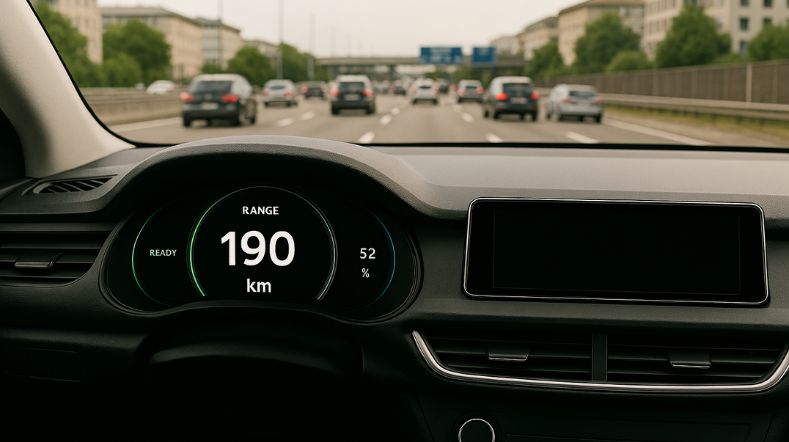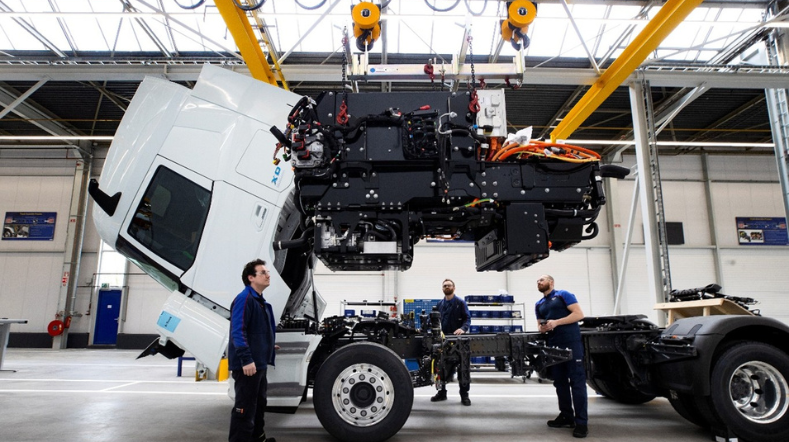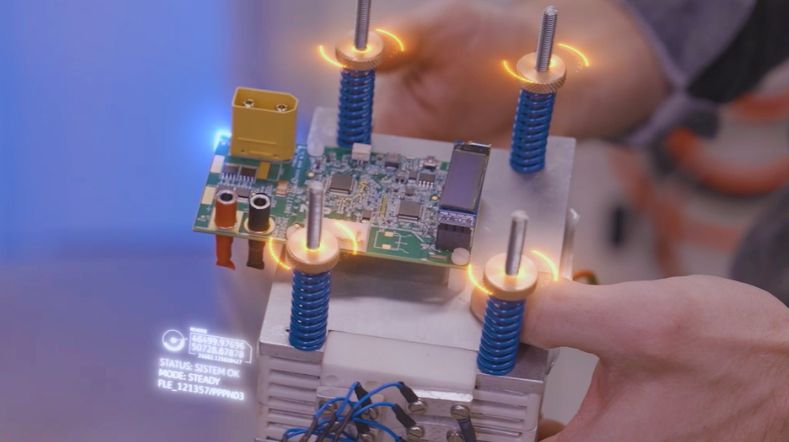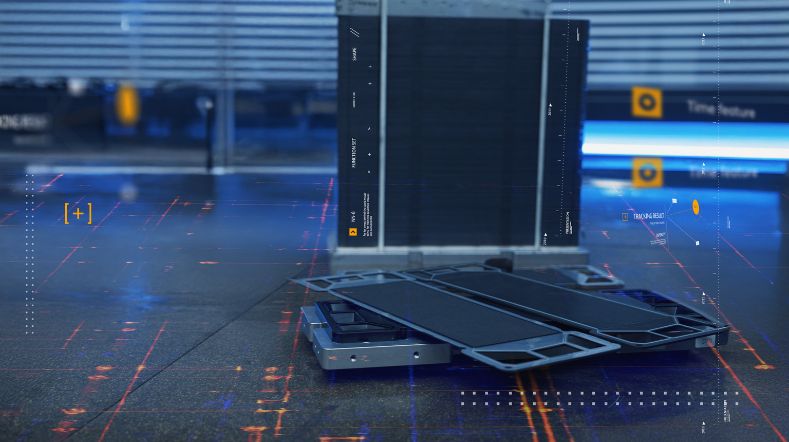
Battery Competence Cluster – NL boosts energy transition and Dutch earning power
Status project
2021 - present
The Netherlands has the knowledge and qualities to become a leading player in the global battery market. To increase our national earning power and accelerate the energy transition, the private sector and knowledge institutions are joining forces in the Battery Competence Cluster – NL. The programme is strongly supported by TNO’s pooled technological expertise.
Innovative battery technology is indispensable in meeting climate targets and achieving the energy transition. Cars, buses, lorries, and ships are increasingly being electrified. Growing issues resulting from grid congestion and the switch to renewable energy sources are increasing the importance of smart energy storage. Making new batteries requires both a stable supply of critical materials and new, innovative recycling technologies to recover those materials later.
This is how the Netherlands will create a circular battery ecosystem. And a strong battery ecosystem is not only necessary for the climate-neutral future of the Netherlands, but also offers plenty of opportunities for our national earning power. And this is exactly what the Battery Competence Cluster – NL aims to achieve.
Global leader in battery production
The programme started in 2021 in the Brainport region under the name Battery Competence Centre (BCC), with an emphasis on heavy transport. Home to DAF and VDL, our country has traditionally been strong in the lorry and bus market. But how can we ensure that this important sector maintains its competitive edge in the energy transition?
The key to success has proved to be joint development and the sharing of pre-competitive knowledge in battery technology and critical raw materials. As one of its ‘founding fathers’, TNO has played an important role as a knowledge partner in the BCC since its inception. The strength of this approach is the knowledge exchange and cross-fertilisation that occurs between OEMs, SMEs, start-ups, and knowledge institutions.
From the beginning, there was an intention to scale up this regional initiative to a national centre of excellence. The Netherlands is a small country, so let’s make the most of the locally available knowledge to increase our earning power with battery technology and accelerate the energy transition.
Where are the opportunities in battery technology?
The national scale-up to the Battery Competence Cluster – NL is now a reality. The cluster focuses on four key growth opportunities for the Netherlands related to battery technology. The development of battery systems and packs, especially for heavy-duty applications in road transport and shipping, remains one of the priorities. TNO is contributing to this with models that accurately predict how battery cells behave.
As a result, we know exactly under which conditions these cells work best, and which cell technologies are suitable for which specific applications. Using this knowledge, we can develop unique battery modules and packs based on existing cells that perform optimally for specific applications. This type of innovative battery technology can be used to develop industry-leading products. The cluster explicitly does not intend to help only large companies. SMEs are a driving force of our economy. We want to use this knowledge to also enable smaller parties to be competitive through innovative battery technology. Do you want to know more? Contact Luc Kikkert.
Distinctive in battery production
Connecting the high-tech industry with start-ups and spin-offs will create another interesting market for the Netherlands. We don’t need to bring battery cell production to the Netherlands. But we can develop the best battery production machines and processes here and produce the raw materials needed for battery production.
At TNO’s Holst Centre and spin-offs, people are working hard to develop a new generation of lithium-ion and solid-state batteries, and thin-film processes that use far fewer scarce resources. These kinds of innovations can make us a global leader in battery production and its associated machinery. This is similar to ASML, a company that has a unique position in production machines for chips. It will enable the Netherlands to reduce its dependency on the chain compared to other countries.
With support from the National Growth Fund, TNO is working to scale up to prototype production, for which research is being conducted on cooling methods, cell types, and methods of assembly and disassembly. You can learn a lot from each other when setting up production lines. Moreover, our partners do not have to buy this knowledge from a commercial, competing party but can work with a neutral partner like TNO.
Circularity is of strategic importance
The Battery Competence Cluster – NL also identifies opportunities for Dutch companies in the field of circularity. We don’t have our own raw materials here, which makes us dependent on foreign countries for battery production. However, existing batteries contain high concentrations of these scarce metals. With tighter regulations, scarcity, and increasing demand, the need for recovered battery raw materials will rise significantly. At TNO, we’re working on new techniques to recover higher percentages of these materials. These methodologies are not only valuable domestically, but also abroad.
In terms of recycling, there are two more promising steps that could make batteries more sustainable: second-use and second-life application. A battery from, say, a container crane in the Port of Rotterdam could be used a second time in the forklifts of the same supplier. After its second use, the same battery could then have a second life as part of a stationary storage system for grid stabilisation – another of TNO’s focus points. It’s necessary to look at the complete life cycle of the battery to maximise its service life.
Powerful national battery ecosystem
The cluster’s national approach means that policymakers clearly know where opportunities lie for the Dutch economy and what the policy focus should be. The Batteries Action Agenda (Actieagenda Batterijen) has now given the Dutch government a clear document specifying which activities our country needs to invest in to increase the Netherlands’ earning power with battery technology.
It’s therefore important to invest now, so as not to miss the boat. If we don’t, other countries will be ahead of us. Companies, large or small, policymakers, educational institutions: we hope that anyone who has a question about – or wants to start working on – battery technology will first turn to us for help. By exchanging knowledge and providing a clear focus in our activities, we should be able to progress quickly and develop a powerful national battery ecosystem.
Get inspired
How far can you travel in an electric car?


National Growth Fund invests in Dutch battery consortium for heavy duty transport


TNO opens test cell for sustainable marine engines


Battery technology: 4 developments according to the Battery Lab


Fuel cells crucial for decarbonising heavy-duty transport and non-road machinery



